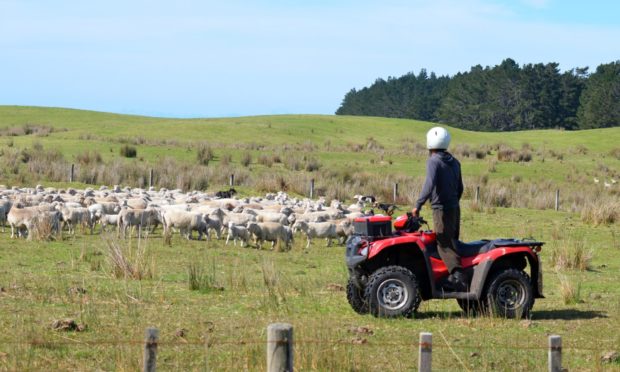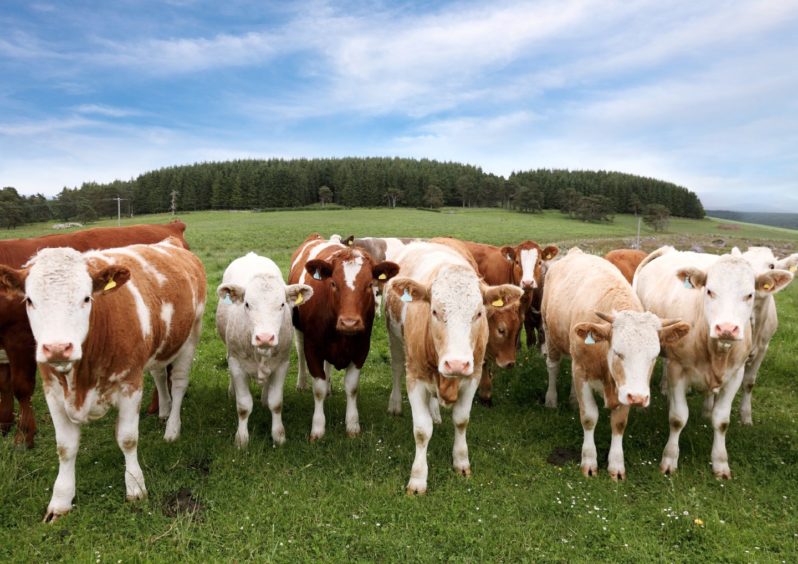A new face is in charge of agriculture at Holyrood and she has a tough job ahead of her.
Newly appointed Cabinet Secretary for Rural Affairs and Islands, Mairi Gougeon, faces the mammoth task of pulling together a new agricultural policy for Scotland.
Scottish farmers and crofters have been crying out for a replacement to Europe’s Common Agricultural Policy (Cap) since the Brexit referendum in 2016.
And despite the creation of countless government taskforces and advisory groups, Scotland is lacking a post-Brexit agricultural policy and lagging behind its counterparts south of the border who are already trialling new schemes to replace the Cap.
Ms Gougeon’s predecessor Fergus Ewing, who held the role of Cabinet Secretary for Rural Economy and Tourism, was well-respected and liked by the farming community.
He inherited a failing farm payments IT system, and although the system is working again – albeit with the ongoing help of loan schemes for upfront subsidy payments – Mr Ewing’s lack of action in deciding on, and developing, future policy has left farmers in limbo.
Ms Gougeon inherits a pile of reports on how future policy could look – including recommendations from several farmer-led groups on how various sectors can work to reduce their greenhouse gas emissions and climate impact.
If she wants to win farmers over and help the agricultural sector be part of the recovery out of Covid-19, she needs to put pen to paper and outline a new policy for the sector as soon as possible.
Actions speak louder than words (and dust-gathering reports).
Ms Gougeon also needs to ensure food production remains at the forefront of plans for the sector and recognise that farmers and crofters can be part of the solution to climate change.
Claims Scottish Government civil servants would rather sanction a cull of 300,000 beef cattle than let beef farmers improve their efficiency, cut their emissions, and thrive must be put to bed.
Brexit-induced border delays and the Covid-19 pandemic have highlighted the importance of having a strong, sustainable supply of local food and drink – this only exists because of farmers and crofters.

